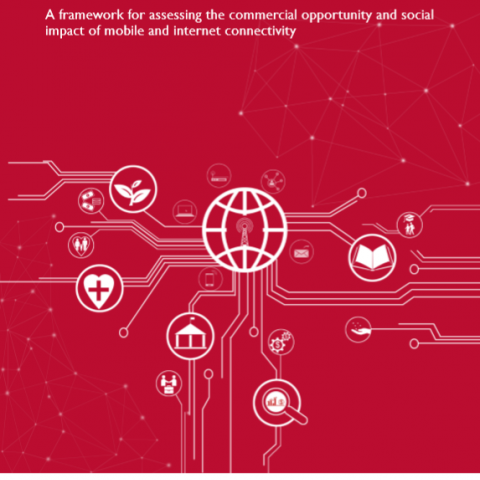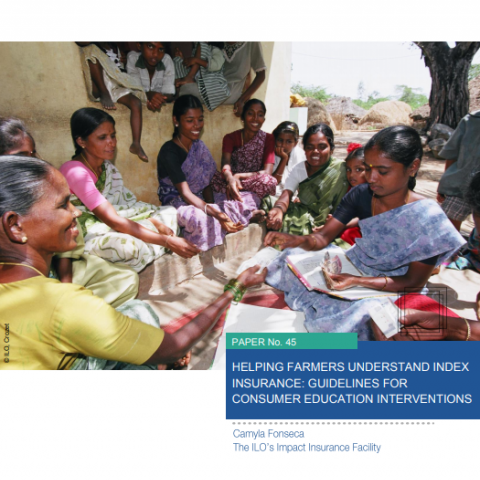Angkor Mikroheranhvatho Kampuchea (AMK) participated in the ILO Microfinance for Decent Work (MF4DW) action research from 2008-2012. As part of this global experimental research, AMK introduced a financial education programme in two rural branches. The programme aimed to address challenges that clients faced in regard to the risk management strategies they use and their levels of indebtedness. The impact of the financial education programme on clients’ financial attitude and behaviour, risk management strategies, asset building, over-indebtedness and multiple borrowing, and vulnerability, was measured employing a difference-in-difference methodology. The econometric analysis is based on a balanced three-wave panel data set with target and control groups. It shows that AMK’s financial education programme had the strongest impact on the repayment behaviour of clients with a significant reduction of 3.4 per cent in late repayments. The innovation also had significant and positive impact on asset building outcome variables such as insurance take-up with a 10 per cent increase. The programme positively influenced financial attitude as shown by a significant decrease in client belief that it is impossible to save, clients’ association of savings and security increasing by 1 per cent as well as changing attitudes towards borrowing. However, the analysis also shows insignificant and/or unexpected results for other outcome variables, which may be due to some issues with the experimental design of the research and the survey instrument. It is therefore possible that the innovation may have had a stronger impact than actually measured and reported in this document.



















